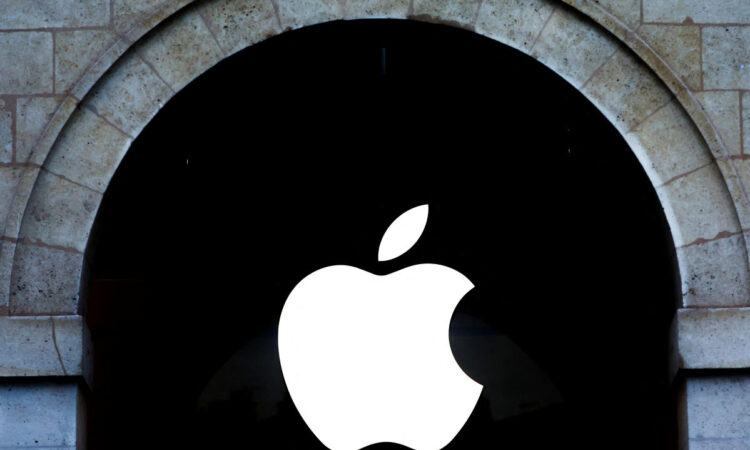
Stocks are entering one of the busiest weeks of the year near record highs.
A late-week rally led by a surge in Tesla (TSLA) shares helped the Nasdaq Composite close the week higher by about 0.9%, just shy of a new record high. Meanwhile the S&P 500 (GSPC) fell more than 0.3% and the Dow Jones Industrial Average (DJI) slid over 2.6%.
In the week ahead, an update on the Federal Reserve’s preferred inflation gauge, the October jobs report, and earnings from Big Tech stalwarts Alphabet (GOOGL,GOOG), Apple (AAPL), Amazon (AMZN), Microsoft (MSFT), and Meta (META) will drive the direction of markets to kick off November.
Updates on third quarter economic growth, job openings, service and manufacturing sector activity, and consumer confidence are also on the calendar.
A busy week of corporate earnings awaits, with 169 members of the S&P 500 expected to report quarterly results. Ford (FORD), AMD (AMD), McDonald’s (MCD), Eli Lilly (LLY), and Exxon (XOM) will be among the companies highlighting the schedule.
A slew of economic data in the week ahead will put investors’ bets to the test. First up on Wednesday, the Bureau of Economic Analysis is slated to release the advance estimate for third quarter Gross Domestic Product (GDP). Expectations are that the US economy continued on its solid path and grew at an annualized rate of 3% in the quarter, in line with the growth seen in the second quarter.
Thursday will bring the latest reading of the Fed’s preferred inflation gauge. Economists expect annual “core” PCE — which excludes the volatile categories of food and energy — to have clocked in at 2.6% in September, down from the 2.7% seen in August. Over the prior month, economists project “core” PCE at 0.3%, compared to 0.1% the month prior.
On Friday, the Bureau of Labor Statistics will provide a fresh look at the national employment situation. The October jobs report is expected to show 125,000 nonfarm payroll jobs were added to the US economy, with unemployment holding steady at 4.1%, according to data from Bloomberg. In September, the US economy added 254,000 jobs, while the unemployment rate fell to 4.1%.
“After two hurricanes, a strike, and rolling furloughs, we anticipate a lot of noise in next Friday’s October employment report,” RBC Capital Markets’ Michael Reid wrote in a note to clients on Thursday.
